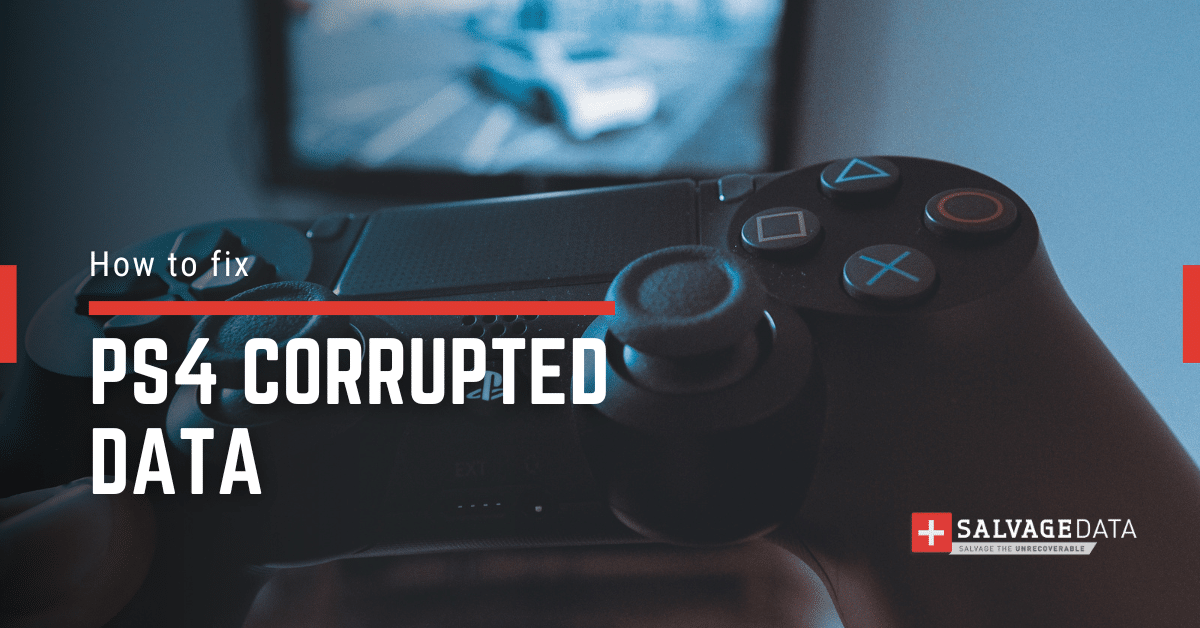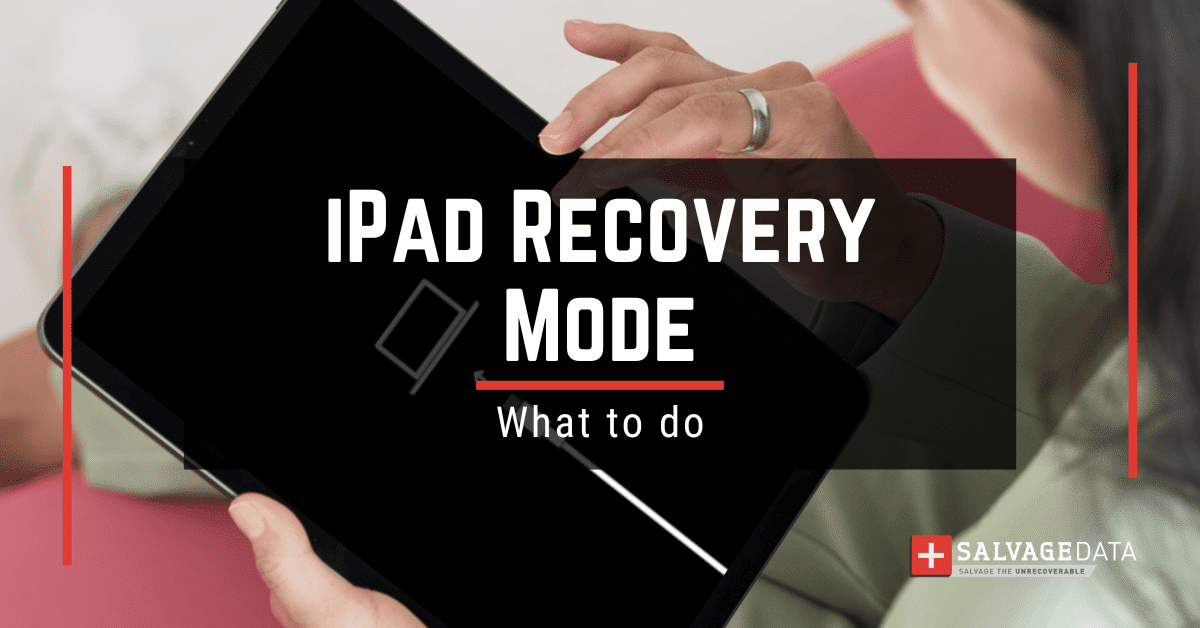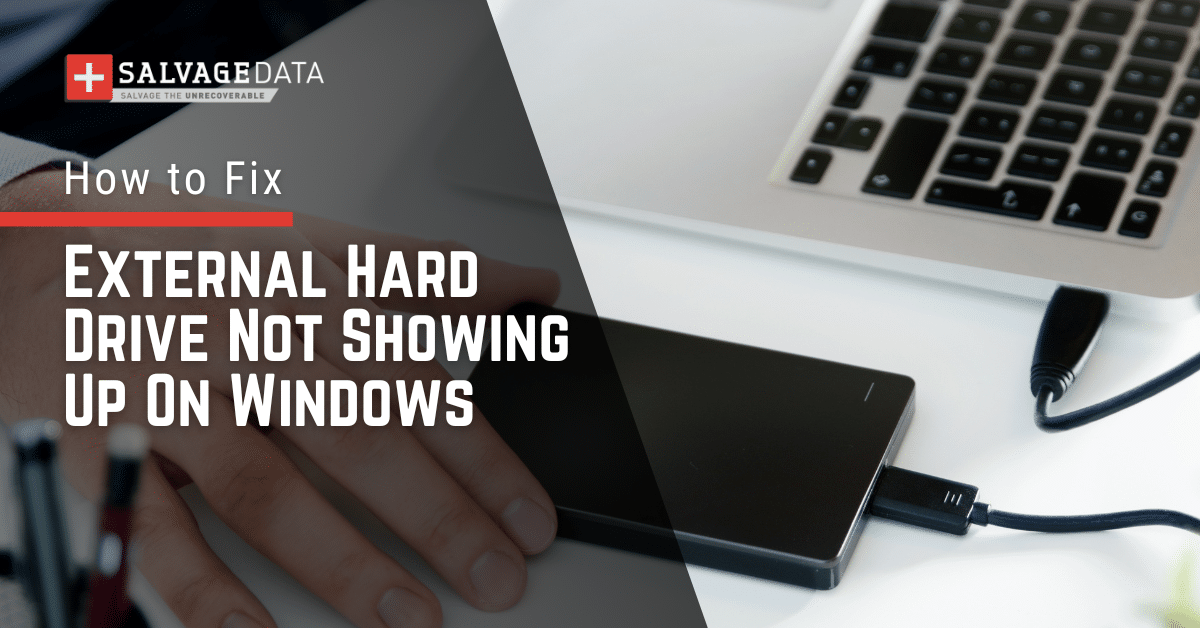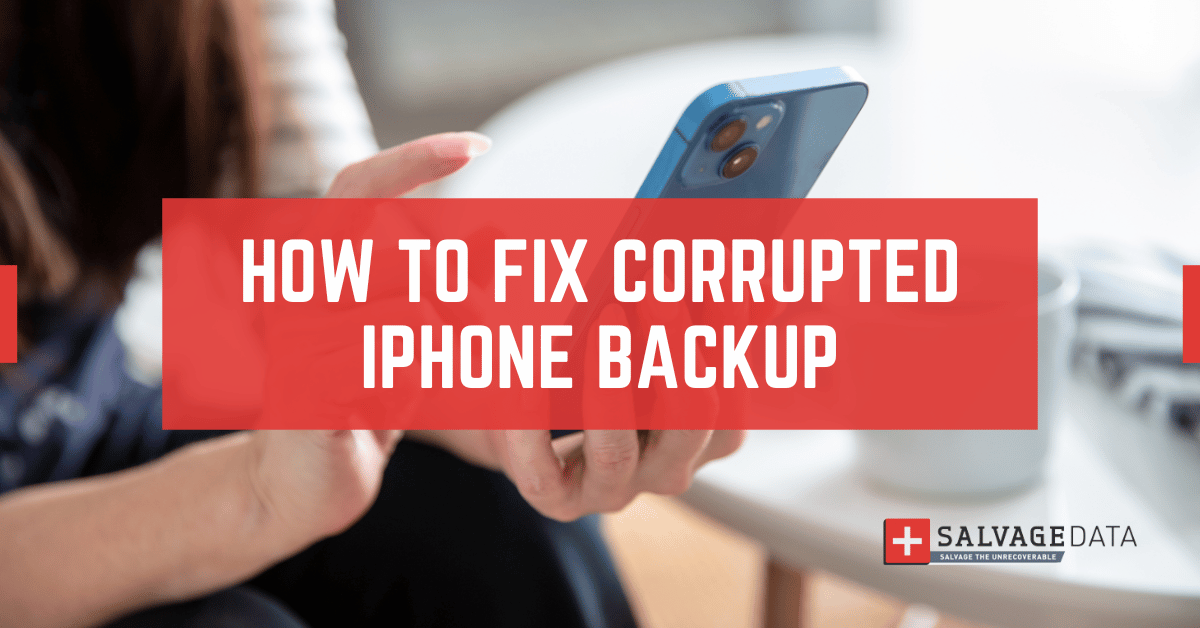Recent Articles
Quickest Mobile Data Recovery Case: 100% of Data Recovered in One Hour
How to fix a corrupted database on PS4
How to Troubleshoot Black or Blank Screens in Windows
LockBit Ransomware: A Comprehensive Guide to the Most Prolific Cyber Threat
How To Use iPad Recovery Mode
How to Prevent Overwriting Files: Best Practices
External Hard Drive Not Showing Up On Windows – Solved
How to Fix a Corrupted iPhone Backup
Backup and Remote Wiping Procedures
Common VMware Issues and Troubleshooting Solutions

I think there's an issue with my storage device, but I'm not sure Start a free evaluation →
I need help getting my data back right now Call now (800) 972-3282
Because many of us have some aspects of our lives online such as social media, work, banking, and more-your information becomes even more important to protect. Think of what a hacker could do if they have access to your phone for instance. So, with this in mind, here are some hacking prevention tips to make your devices more secure.
Use a Strong Passcode
What happens if a thief gains access to your phone and wallet? If they are technologically literate, they might use the information on your driver’s license to attempt passcodes, and you’ll be surprised how often this works- it isn’t uncommon for people to use their birthdates or parts of their address for their device’s passcode.
While this is easy to remember, it’s also super simple for hackers to discover. ZDNet has a guide that can help you pick a custom password that would be much harder to crack in the hands of hackers.

Photo by: Hopkins Bloomberg Public Health Magazine
Make Your Messaging Secure
There are many messaging programs available such as WhatsApp, Signal, Wickr Me, and iMessage that use encryption. However, in the case of iMessage, just because it’s protected end-to-end on your side doesn’t guarantee the recipient has the same protections in place.
This can be problematic too. Say you’re sharing documents with a remote work colleague that contain sensitive data. If the recipient isn’t using an encrypted app, the information transmitted could be intercepted.
Eliminating Bloatware
Many devices come installed with bloatware programs such as Adobe’s Flash or Apple’s QuickTime. ZDNet recommends removing these programs and installing an ad-blocker that keeps advertisements from using cookies to track your web activity. Doing this simple hacking prevention tip can also reduce your computer’s chances of receiving malware, which happens regularly when ads use tracking cookies.

Photo by: Hacker 9
Lock Down Your Browser
In some instances, your internet browser is the gateway to all your information. Hackers, internet service providers, and others understand this; it’s why they place tracking cookies to log every website you visit.
There are different ways to protect your browsing behaviors. The best is to use a secure browser like Tor. Tor gives you the freedom of browsing the internet without having prying eyes follow each step you take. If you work in a field where keeping information secure is imperative, you can see how beneficial using this browser can be. And if you plan to browse on your mobile device, you can use Tor Orbot, and Onion, which are the mobile versions for Android and iOS respectively.
The VPN Debate
You might also be considering using a Virtual Private Network (VPN) which redirects your web traffic through one of the provider’s servers. This makes it more difficult for others to follow or identify your online behaviors. The problem that exists with VPN servers is that provider has all of your data, and what happens if a hacker is able to gain access? While VPNs do offer many benefits, it’s important to be mindful of the risks involved as well.
Meanwhile, if you have had your device’s data compromised, know there are experts who can help you recapture it quickly. The team at Salvage Data has been helping businesses, government agencies, and personal users receive back their files due to malware and other causes. You’ll find our services to be fast and convenient. Contact us today to learn more.













